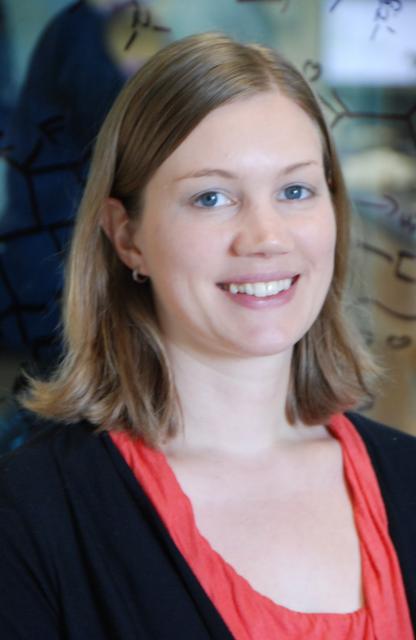Abstract:
Fluorescence imaging is a central tool for visualizing complex biological systems, yet the contrast and resolution attainable in vivo is limited due to autofluorescence and light scattering at visible and near infrared (NIR) wavelengths. Recently, the shortwave infrared region of the electromagnetic spectrum (SWIR, 1000 – 2000 nm) has emerged as an optimal region for in vivo fluorescence imaging due to few endogenous SWIR chromophores and minimized scattering of light by tissue. While the SWIR demonstrates great promise, suitable materials are needed with emission at these low energies for the development of optical contrast agents. Namely, non-toxic organic small molecules with bright emission > 1000 nm are necessary to expand both the basic science and clinical applications of fluorescence imaging.
Our group has developed biocompatible polymethine fluorophores with shortwave infrared emission. We discovered a bright shortwave infrared fluorophore containing flavylium heterocycles that we deemed Flav7. We have systematically investigated Flav7 using physical organic chemistry approaches and can now predictably tune the absorption and emission properties. These insights have led to new SWIR fluorophores that enable multiplexed real time in vivo imaging and the fastest SWIR imaging to date.
Bio:
Prof. Ellen Sletten received her BS in Chemistry from Stonehill College in 2006. Ellen pursued her PhD in Chemistry at the University of California, Berkeley with Prof. Carolyn Bertozzi where she received an ACS Division of Organic Chemistry Fellowship. Her thesis work involved the optimization and development of bioorthogonal chemistries and their subsequent applications in labeling living systems. Upon graduation in 2011, Ellen joined the laboratory of Prof. Tim Swager at the Massachusetts Institute of Technology as an NIH Postdoctoral Fellow where she worked with soft fluorous materials for use in fluorescent sensors. Ellen joined the faculty in the Department of Chemistry and Biochemistry at UCLA as an Assistant Professor and John McTague Career Development Chair in 2015. Her group’s work focuses on the development of enhanced therapeutics and diagnostics. Ellen’s early career awards include an Alfred P. Sloan Fellow, NIH New Innovator Award, Mercator Fellow, ICBS Young Chemical Biologist, and Hellman Fellow.
Photo credit: Penny Jennings
To view the recording of this talk, click HERE.
Speaker:
Institution:
Location:

